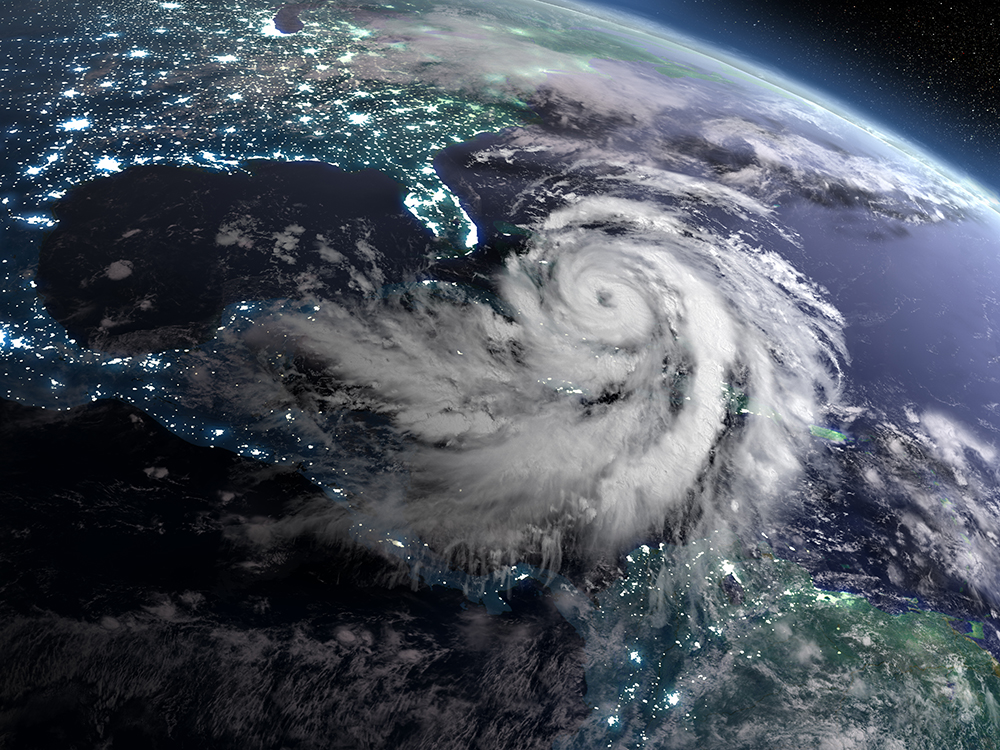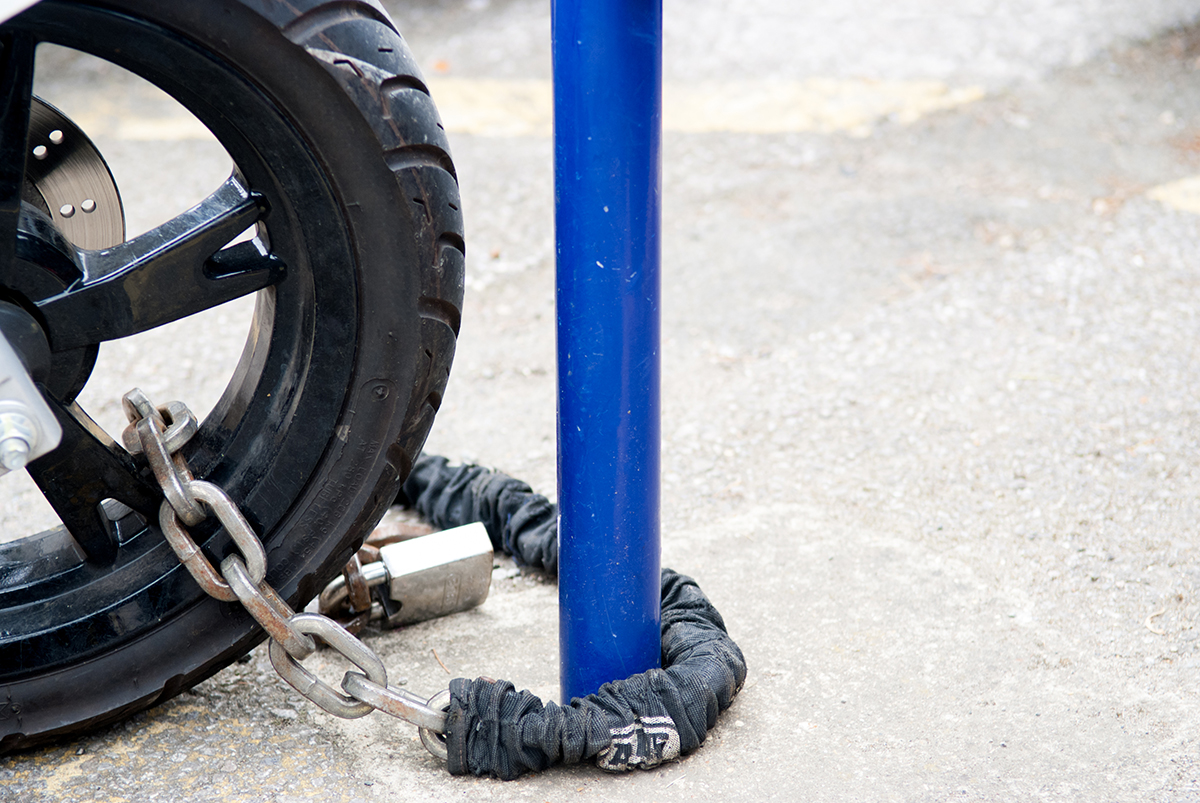Hurricane season is here.
According to recent research, these dangerous forces of nature have grown stronger over the past forty years.
And as you may know, hurricanes can cause severe and even life-threatening damage hundreds of miles inland.
That’s why — even if you live far from the coast — it’s crucial to prepare your home and family for evacuation, sheltering in place, and days or even weeks without power.
Follow along as we go through this CDC-approved safety checklist to secure your home this hurricane season.
1. Gather Emergency Information
Step one on our hurricane safety checklist involves collecting information you might need in the event of an evacuation or other hurricane-related emergency.
Disaster relief organizations — the Red Cross, FEMA, etc. — have special numbers you can call during hurricanes to access various emergency resources.
These resources can include shelters, disaster distress relief, assistance for the elderly, and much more.
Make sure to look up any emergency numbers you may need during a hurricane, write them down, and save them on your mobile phone.
Also, locate nearby shelters and identify the best routes to get to them from your home. Having these plans in your back pocket will ensure a safe and speedy evacuation.
2. Make Arrangements
If you have at-risk loved ones or pets, part of your hurricane prep should include making arrangements for them.
For those with limited mobility or other health complications, it may be best to find an out-of-town relative or friend for them to stay with. That way, they can still live comfortably if you have to evacuate to a shelter.
If this isn’t an option, make sure to stock up on any necessary supplies they might need during a long stay at a shelter or at home without power.
For pets, an out-of-town friend or family member is also an excellent option, but there are pet-friendly shelters and care facilities across the country that may be able to help you as well.
3. Make a Hurricane Emergency Supply Kit
An emergency supply kit will ensure you’re well-fed, hydrated, and ready for any complications that may arise if you have to evacuate or shelter in place.
To help build your hurricane kit, use this list of supplies as a guide:
- Enough non-perishable food to last at least three days (for each person)
- Enough water to last at least three days (for each person)
- Plastic eating utensils
- Paper (or plastic) cups and plates
- A first-aid kit
- Vitamins
- Prescription and non-prescription drugs you may need
- Special needs items for babies, pets, and at-risk loved ones
- Personal hygiene items and other toiletries
- Flashlights
- A battery-operated radio
- Plenty of batteries
- A safe container for your valuables
- Entertainment items (books, games, etc.)
- A pencil, pen, and paper
- Lighter and/or matches
- A utility knife
- A can opener
4. Prepare Your Home
Hurricanes often come with high-speed winds, flooding, and falling debris that can cause serious damage to your home.
That’s why it’s crucial to secure all windows, doors, and other outside access points with plywood or hurricane shutters. Many people also tape their windows to help prevent the glass from shattering inward.
Additionally, the CDC recommends taking the following safety precautions around your home:
- Clear your yard. Make sure there’s nothing that could blow around during the storm and damage your home. Move bikes, lawn furniture, grills, propane tanks, and building material inside or under shelter.
- Be ready to turn off your power. If you see flooding, downed power lines, or you have to leave your home, switch your power off.
- Fill clean water containers with drinking water. You’ll want to do this in case you lose your water supply during the storm. You can also fill up your sinks and bathtubs with water for washing.
- Check your carbon monoxide (CO) detector’s battery to prevent CO poisoning.
And finally, if you have a generator, test it before the hurricane hits and stock up on fuel to keep it running if you lose power.
5. Prepare Your Car
If you need to evacuate, you’ll want your car to be prepped and ready for the journey.
Before the storm hits, fill your gas tank, store your hurricane emergency kit inside, and park your car in your garage or another safe, covered area.
6. Go Over Your Plan With Your Loved Ones
Last but certainly not least, have a family meeting to kick off hurricane season where you cover your plans for evacuation and sheltering in place.
That way, everyone will be in the loop and know what to do when the time comes.
It may help to go over the plan again before every hurricane that comes your way, just to keep the details fresh in everyone’s minds.
When it comes to dangerous acts of nature, you can never be too prepared!
During weather emergencies like hurricanes, 911 call volume can skyrocket, making it difficult to get the help you need.
To avoid delays and call-waiting queues, dispatch responders with just two taps on your smartphone with the Rescu app — the fastest way to get help in an emergency.
Thanks to Rescu’s state-of-the-art private dispatch center, it’s not bound by the staffing and technological constraints that 911 is. And thanks to its phone call-free system, there’s no need to spend time talking with a dispatcher, dramatically reducing wait times.
For fast emergency response you can depend on when you need it most, download the Rescu app today.





